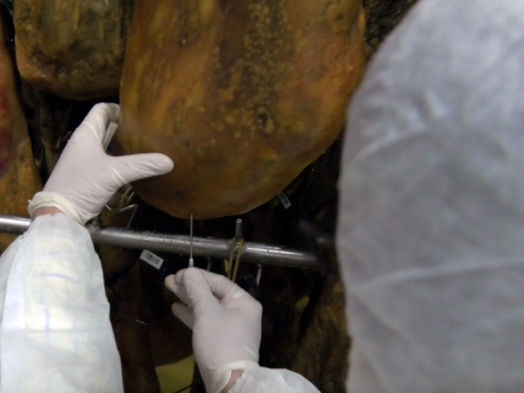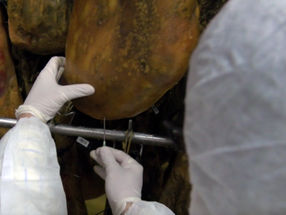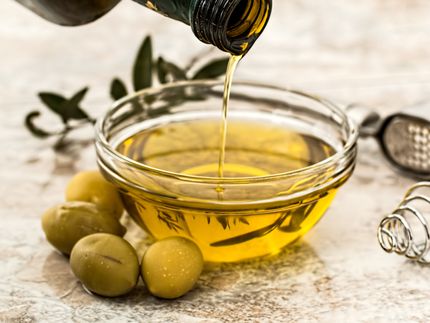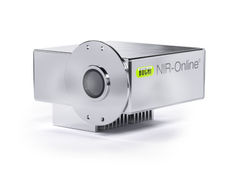Artificial smell to control food quality
Advertisement
Researchers from IBEC, in collaboration with the University of Cordoba, recently published a study where they develop protocols that optimize the use of a technique capable of analysing, at the molecular level, substances present in the aroma of food, managing to differentiate samples of ham from Iberian pigs fed with acorn or feed. This new approach, which uses artificial intelligence to analyse the data, will simplify the analysis of aromas, and can be very useful to determine the traceability and quality of food, and fight against fraud.

© Institute for Bioengineering of Catalonia (IBEC)

© Institute for Bioengineering of Catalonia (IBEC)


Food aroma is one of the main indicators of its quality and can also provide information regarding the stages of production. The analysis of aromas using modern techniques offers alternatives to human evaluation and is a robust and reliable tool for detecting fraud, as frequently detected for example in the Iberian ham, olive oil, honey or wine markets.
One of the most powerful and promising techniques in the field of aroma characterization in food is gas chromatography-ion mobility spectrometry (GC-IMS), which is fast, effective, economical, and easy to transport. Despite its multiple advantages, the analysis of the raw data generated with this methodology is highly complex, which ends up limiting and complicating its use.
Now, researchers led by Dr. Santiago Marco, head of the Signal and information Processing for Sensing Systems at IBEC, together with researchers from the University of Córdoba led by Dr. Lourdes Arce, have developed new procedures for the analysis of GC-IMS data from aromas in food, opening the possibility to build tailored analyzers to check the quality and authenticity of high value food products.
In this work, recently published in the journal Sensors, researchers present a methodology going from the processing of raw data to the final characterization of the sample, and to validate the method they have been able to predict the pig feeding regime (acorn or feed) from samples of Iberian ham.
A new methodology that facilitates data interpretation
Currently, in the food industry, aroma analysis is done mainly through human panels, with experts trained in the identification and classification of certain aromatic characteristics. However, it is an expensive and highly subjective methodology, which makes difficult the reproducibility and reliability of the results.
An alternative is the use of instruments and methodologies that analyse the chemical composition of the sample, providing detailed and reliable information of certain aroma.
As a hybrid technique, GC-IMS provides many advantages, but it also generates highly complex data containing thousands of signals that require extensive pre-processing and sophisticated extraction of information regarding the aroma characteristics.
That is why researchers and engineers propose now a complete workflow, which goes from the analysis of the samples (sampling and GC-IMS protocol) to the interpretation of the data (data pre-processing and artificial intelligence), improving both, the quality of the data and the final detection of volatile compounds.
Other news from the department science
These products might interest you
Most read news
More news from our other portals
See the theme worlds for related content
Artificial intelligence (AI) for food and beverages
Artificial intelligence (AI) is optimizing the food and beverage industry through automated quality control and more accurate demand forecasting. AI plays a particularly important role in product development by analyzing taste preferences and market trends. This allows new products to be developed that are better tailored to consumer needs, increasing efficiency and customer satisfaction.

Artificial intelligence (AI) for food and beverages
Artificial intelligence (AI) is optimizing the food and beverage industry through automated quality control and more accurate demand forecasting. AI plays a particularly important role in product development by analyzing taste preferences and market trends. This allows new products to be developed that are better tailored to consumer needs, increasing efficiency and customer satisfaction.






























































